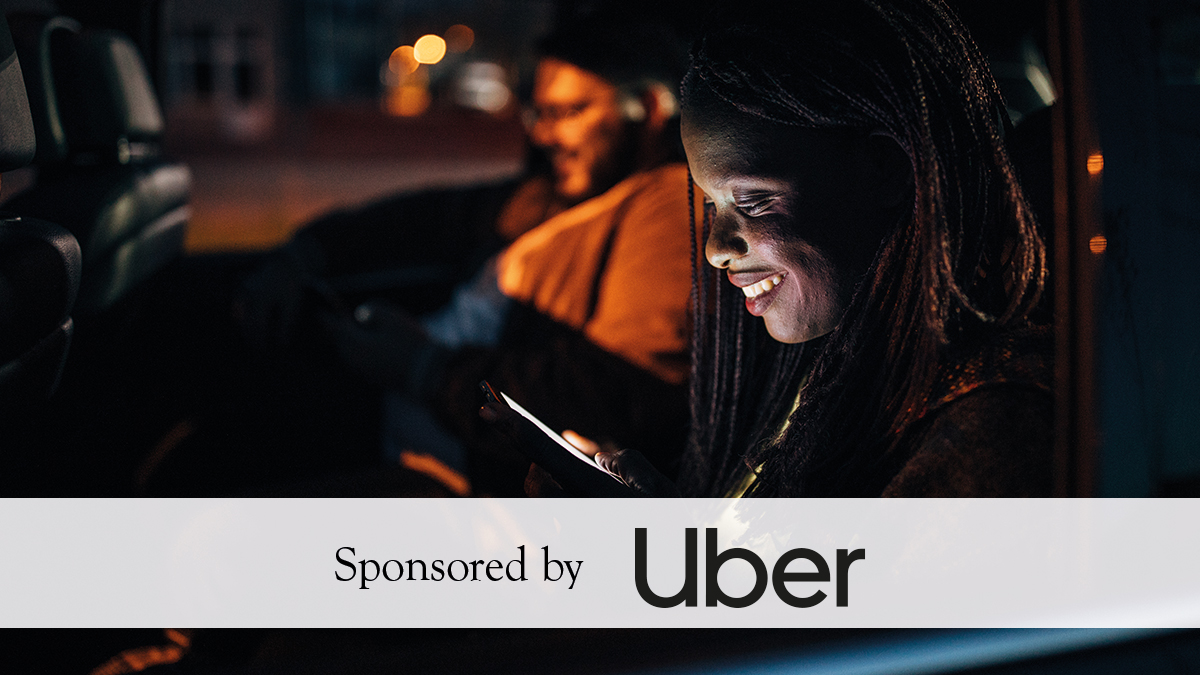The global pandemic has fundamentally upended the way we work, accelerating a worldwide shift towards flexibility.
While millions more of us want choice over how and when we work, these trends are nothing new. They have long fuelled the rise of the gig economy – which now accounts for 4.5 million workers in Britain.
Studies have consistently shown that this expansion has not come at the cost of the traditional job market (with full-time employment pushing record highs). Instead workers proactively seek out the flexibility that gig platforms provide.
Even so, the rapid rise of gig platforms has left some policymakers playing catch up. Many are asking how they can protect minimum standards without undermining the flexibility that makes these platforms work (and which workers value so much).
As one of the world’s largest gig economy platforms, Uber has long been at the forefront of this debate. And last year it took a landmark step when it became the first platform in the UK to recognise its drivers as workers.
From March last year, anyone driving an Uber private hire vehicle is entitled to holiday pay and a pension, as well as a guarantee of the National Living Wage. Drivers can also join the GMB union after a groundbreaking recognition deal.
What does this turning point mean for Britain’s thriving gig economy? To find out, The Spectator’s Fraser Nelson spoke with Uber’s UK General Manager, Andrew Brem, for a special edition of the Coffee House Shots podcast.
‘One of the most crucial things is that we’ve been able to protect the flexibility that we know our drivers want,’ said Brem. ‘Drivers still have total choice over when and where they drive, and how often they do so.’
This choice factor is even more important following the pandemic, allowing drivers to balance their work with other commitments – including starting their own businesses.
Meanwhile the expansion of the gig economy has affected how Uber operates, increasing competition among platforms – often on an hour-by-hour basis. ‘We know a lot of drivers use other platforms too,’ Brem told the podcast.
As a result, Uber has increased the perks it provides to drivers, including sickness cover and Rosetta Stone language courses. Meanwhile the Uber Pro loyalty platform lets eligible drivers (or their family members) study for a fully funded Open University degree.
And what of the all important question: how much do Uber drivers take home? Fraser Nelson put this question directly to Uber.
‘Our London average was actually up in the first quarter of this year, to just under £30 per hour,’ said Andrew Brem. ‘That’s up slightly from before the pandemic.’
As for those drivers whose hourly rate falls below National Living Wage, Uber now pays the difference.
Listen to the whole discussion at spectator.co.uk/podcast/the-gig-economy-how-far-have-we-come-
This article is free to read
To unlock more articles, subscribe to get 3 months of unlimited access for just $5






Comments
Join the debate for just $5 for 3 months
Be part of the conversation with other Spectator readers by getting your first three months for $5.
UNLOCK ACCESS Just $5 for 3 monthsAlready a subscriber? Log in